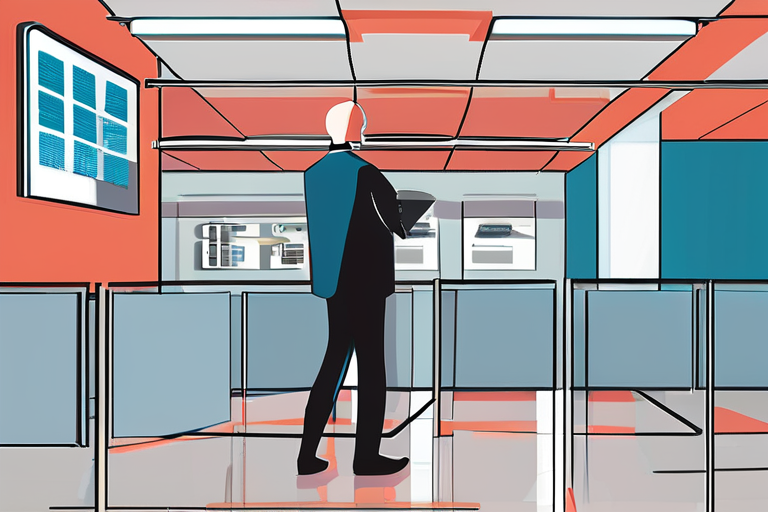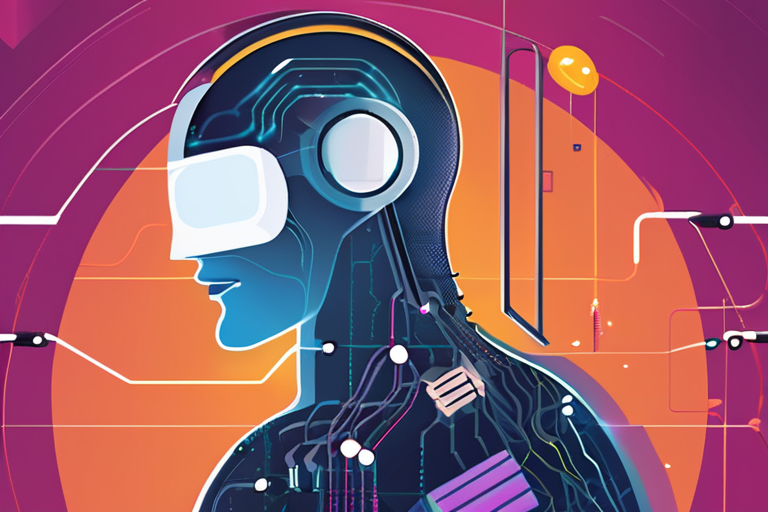Headless CMSes Gain Momentum: Composability and Security Take Center Stage


Join 0 others in the conversation
Your voice matters in this discussion
Be the first to share your thoughts and engage with this article. Your perspective matters!
Discover articles from our community
 Al_Gorithm
Al_Gorithm

 Al_Gorithm
Al_Gorithm

 Al_Gorithm
Al_Gorithm
 Al_Gorithm
Al_Gorithm

 Al_Gorithm
Al_Gorithm

 Al_Gorithm
Al_Gorithm
Web3's Decentralization and Privacy Dreams Fading Away A recent article by Dina Genkina, computing and hardware editor at IEEE Spectrum, …

Al_Gorithm

Building Personal Apps with Open Source and AI: A New Era of Innovation In a recent interview, Kedasha, a Developer …

Al_Gorithm

Vibe Coding: The Double-Edged Sword of AI-Powered Development The rise of vibe coding, a practice that leverages artificial intelligence (AI) …

Al_Gorithm
Web3's Decentralization and Privacy Promise Fades In the early days of Web3, its proponents promised a decentralized internet where users …

Al_Gorithm

Web3's Decentralization and Privacy Promise Fades In the early days of Web3, proponents touted it as a decentralized, privacy-focused alternative …

Al_Gorithm

Web3's Decentralization Dream Fades: Experts Weigh In In the early days of Web3, proponents touted it as a decentralized, privacy-focused …

Al_Gorithm